Stories from around our network


Ipas Nepal is collaborating with women and girls, local health officials and community partners to ensure access to reproductive health care after climate disasters.
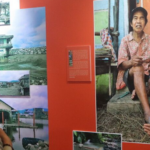
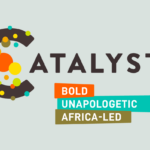
Seeking to more effectively protect and promote abortion rights in Africa, Ipas and key partners have launched CATALYSTS—an ambitious, Africa-led coalition of abortion rights advocates.

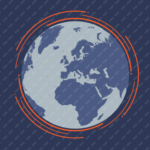
Today’s dismissal offers only a delay to extremist politicians’ crusade to override the rights of pregnant people at all costs.
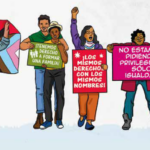

Today the U.S. Supreme Court rejected the anti-abortion case that sought to reverse the FDA’s approval of the medication abortion drug mifepristone—based on false claims that the drug is unsafe. The ruling ensures that mifepristone will remain available.

Ipas and partners hosted the second Green Wave Gathering last week in Mexico City, uniting 150 activists from across the Americas, including from the United States, Peru, Argentina, Brazil, and more. Organized by the Women’s Equality Center, Ipas Latin America and the Caribbean, Ipas United States. and the Guttmacher Institute, the two-day event inspired and fortified movements for reproductive justice and abortion rights throughout the region.
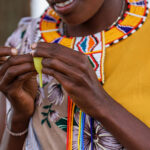
Menstrual hygiene and the climate crisis are intricately connected. Our research and programmatic experience have shown that as climate-induced extreme weather events such as droughts and floods increase, managing menstruation becomes even more challenging for women and girls worldwide.
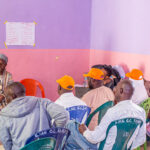
Combatting gender-based violence is a massive challenge in Nigeria, where nearly one of every three women and girls aged 15-49 has experienced physical violence, including rape and other forms of sexual violence. Ipas has developed a crucial partnership with religious leaders that’s helping to change this.
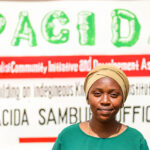
With a grant from Ipas’s Collaborative Fund, Abdiah Lalaikipian’s organization was able to make meaningful change in northern Kenya’s pastoralist communities. The Collaborative Fund approach involves designing by dialogue. Through a participatory process, we enable communities and Civil Society Organizations to design projects that best address their issues.

Research from around the world shows that the ability to decide when and whether to have another child helps mothers take better care of themselves and the children they already have.
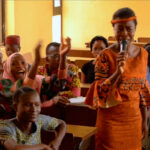
Ipas’s local partner, Onelife Initiative for Human Development, has helped Nigerian college students take control of their sexual and reproductive health through a program called “Campus Wey Sabi,” a title which loosely translates to “campus knows best.” Through measuring student knowledge, training local health-care vendors, and hosting on-campus sessions with students and health providers, the program achieved significant results in just four months.
The International Sexual and Reproductive Rights Coalition (ISRRC) celebrates the 30th anniversary of the International Conference on Population and Development Programme of Action (ICPD PoA) and the outcomes of its reviews and its transformative impact on the lives of women, adolescents, girls, and structurally excluded groups across all regions.
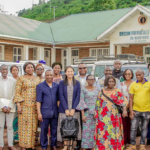

Dr. Deeb Shrestha Dango, a dedicated OB-GYN and head of health systems and policy for Ipas Nepal, has stood at the forefront of this transformation. Navigating a shifting landscape of abortion rights and stigma, she has fought to expand abortion access in Nepal for over twenty years.

Training mid-level providers to offer medical abortion services after 12 weeks of pregnancy independently of physicians is feasible—and results in comparable clinical outcomes.


